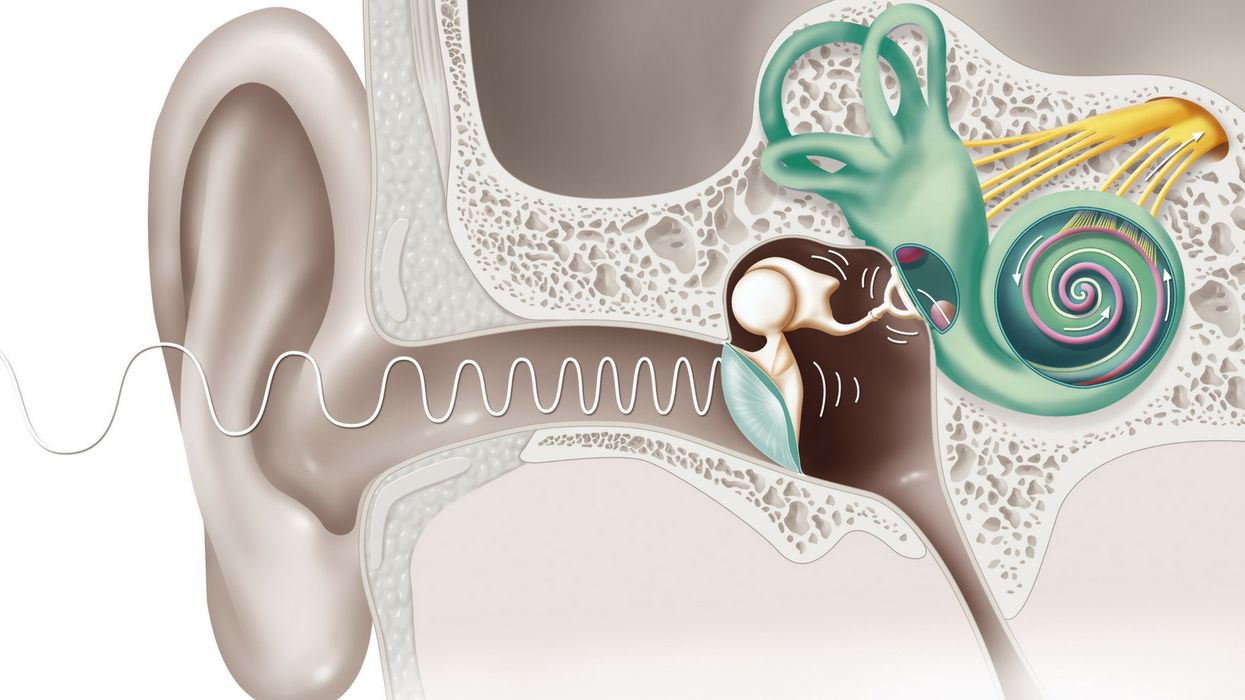Almost all of us have one thing in common: we hate the way our own voices sound when recorded. How our recorded voices sound is often very different from what we hear when we speak. Luckily, science has an explanation!
The ear is a delicate instrument. Fluctuations in air pressure (sound) cause our ear drums to vibrate. This vibration continues to three small bones in the inner ear and then on to the "cochlea, a snail-shaped organ that turns the vibrations into nerve signals." We hear pretty much everything in the world this way—from the air, to our ear canal, to the cochlea, and into our brain.
There's one sound, however, that we detect a little differently: our own voices. While some sound from our mouths circles around and enters our ears the normal way, vibrations from our jawbone and skull, caused by our vibrating vocal chords, is also picked up by our ear drums. The effect is called inertial bone conduction.
Vibrations from your bones will accentuate the lower frequencies of your voice, making you sound less squeaky to yourself. To everyone else, however, the way you sound on recordings is how you sound all the time. Why don't you like it? You're simply not used to it.
To notice inertial bone conduction in action, just stick your fingers in your ears. This will block out the sound of your voice from the outside. You may notice that when you speak, your voice sounds slightly deeper—that's the effect at work. Given enough time listening to your "real" voice, however, it's very likely you'd become accustomed to it and your dislike would fade.
Looks like it's time to go make some recordings!
H/T: IFL Science, Getty Images














 @sko2535/Threads
@sko2535/Threads @hayderz/Threads
@hayderz/Threads @zetaplant2/Threads
@zetaplant2/Threads @dark_elle_akalisa/Threads
@dark_elle_akalisa/Threads @freeasfox/Threads
@freeasfox/Threads @mygirlfriday007/Threads
@mygirlfriday007/Threads drbenwayoperates/Threads
drbenwayoperates/Threads

